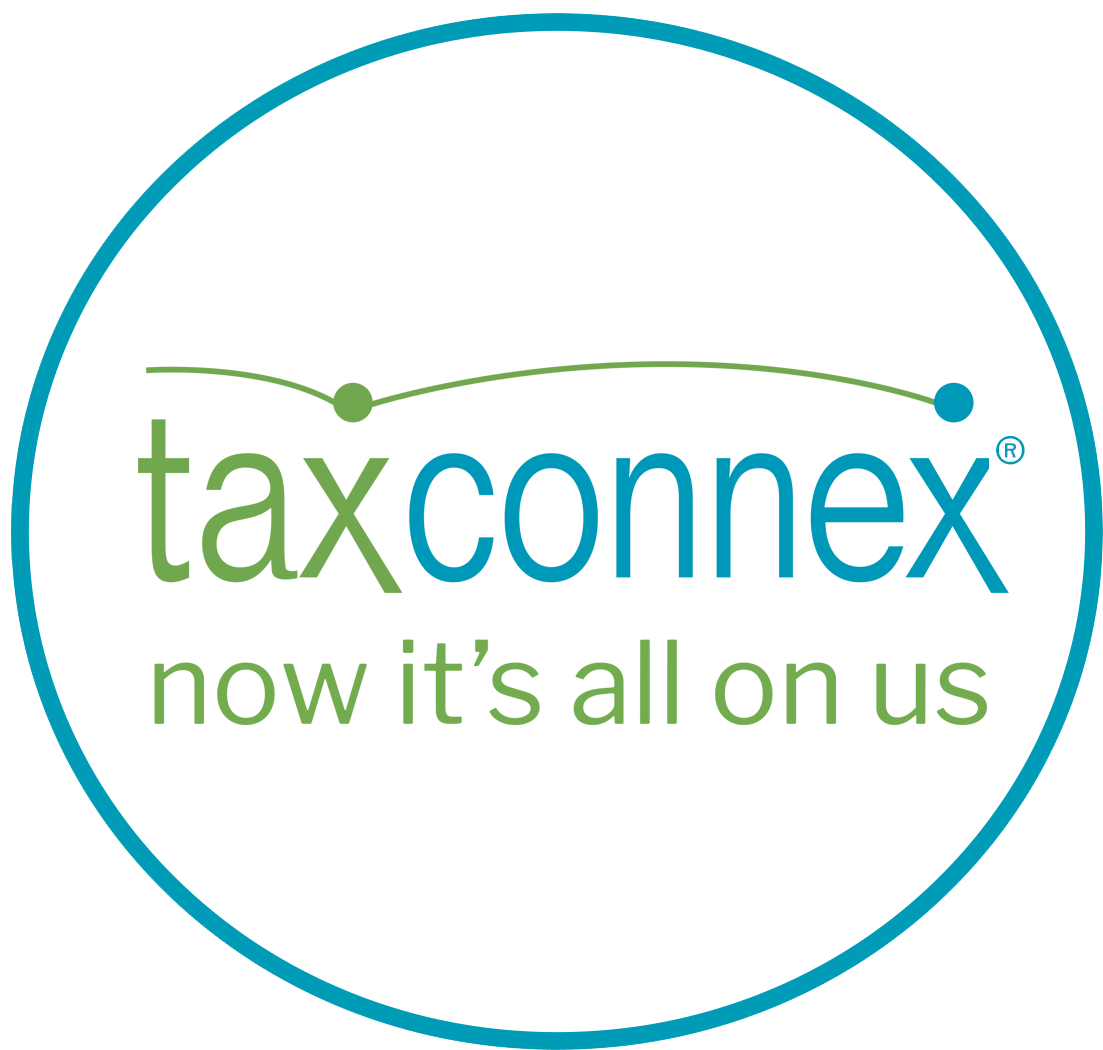Can U.S. companies sell profitably to the North? Sure, if statistics are any indication Canada is the 10th-largest eCommerce market in the world estimated at 35 billion USD last year.
Sounds enticing. What about the sales tax obligations? Our neighbors to the north share several similarities with the United States when it comes to sales tax – but there are key differences.
- Canada has the equivalent of states for tax purposes. The nation’s 10 provinces (starting with the four most-populated) are Ontario, British Columbia, Quebec, Alberta, Manitoba, New Brunswick, Newfoundland and Labrador, Nova Scotia, Prince Edward Island and Saskatchewan. Canada’s three territories are Northwest Territories, Yukon, and Nunavut.
- Canada charges a Goods and Services Tax (GST), which in some of the nation’s provinces and territories combines with a Provincial Sales Tax (PST) to produce a Harmonized Sales Tax (HST). Sales taxes in Canada are largely destination-based. GST, PST, and HST are more similar to a Value Added Tax rather than the sales tax that we know in the States.
- Tax rates vary. A GST applies in Ontario, British Columbia, Quebec, Alberta, Manitoba, and Saskatchewan and in the three territories. A PST also applies in British Columbia, Quebec, Manitoba, and Saskatchewan. An HST applies in Ontario, New Brunswick, Nova Scotia, Prince Edward Island, and Newfoundland and Labrador. While there are variations across provinces, Canada does not impose local-level taxes as in the U.S.
- Special cases apply. In many situations, you have to calculate the tax differently, including those involving commercial leases, gift certificates, rebates and coupons, returnable goods, sale-leaseback arrangements, and a host of other items and services. There are also exemptions, as in the U.S.
- Digital requirements. As of July 2021, “digital economy businesses” may have potential GST/HST obligations that mirror requirements on similar products in many American states.
- The paperwork’s on you. As a GST/HST registrant, you must provide specific information on the invoices, receipts, contracts or other papers that you use when you supply taxable property and services.
(See our full blog on sales tax and selling into Canada here.)
Sales tax non-compliance across borders can add significant risk to your business. Contact us to learn about the latest developments in sales tax nexus and what they mean to you and your company.






.png?width=1200&height=628&name=2023%20logo%20with%20SOC%20and%20clearly%20rated%20(2).png)